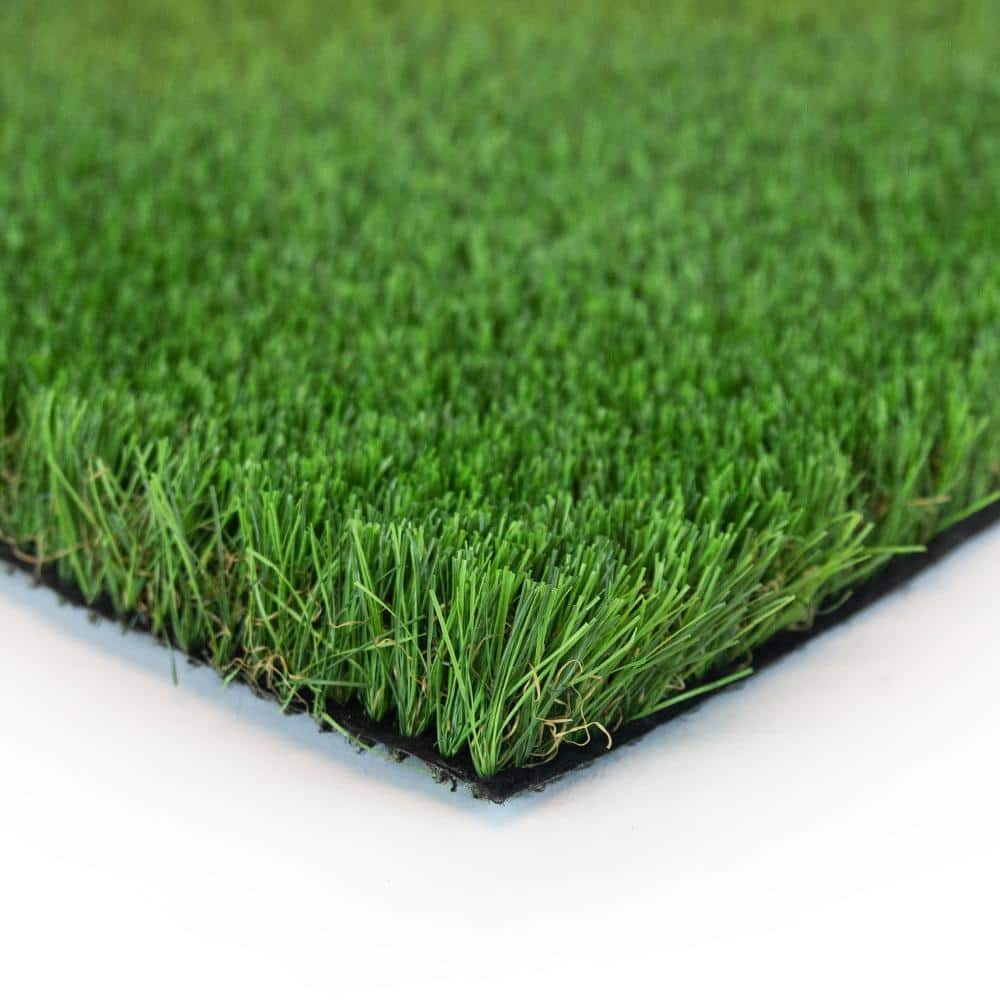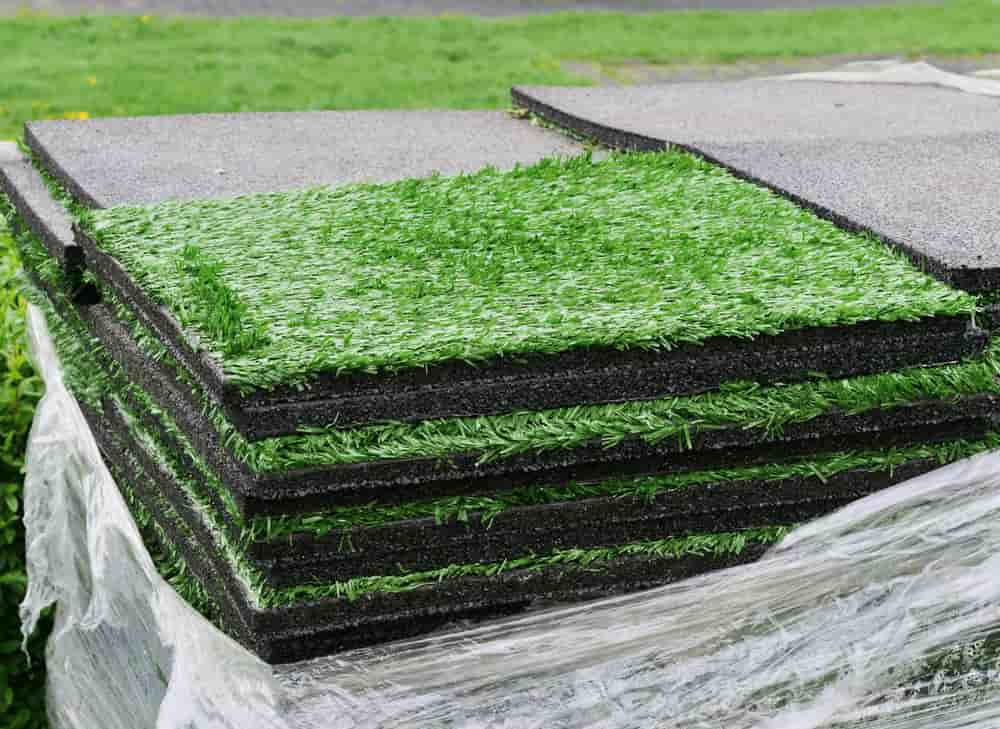Expert Arizona Turf Installation Solutions for Residential and Business Use
Look Into the Environmental Benefits of Opting for Synthetic Grass Solutions
The adoption of synthetic turf options presents an engaging opportunity to attend to pushing ecological obstacles. By substantially reducing water usage and lessening the application of dangerous chemicals, these alternatives not just advertise lasting landscaping but also secure regional ecosystems.
Water Conservation Perks
Among the most significant advantages of synthetic grass is its capability to preserve water. Traditional turf lawns call for substantial irrigation, particularly in locations prone to dry spell or water restrictions. In contrast, synthetic grass does not require watering, substantially decreasing the overall need for water resources. This attribute is specifically beneficial in deserts where water shortage is a pressing concern.
By removing the need for normal watering, synthetic grass adds to sustainable landscape practices and helps reduce the environmental impact of too much water consumption. Moreover, the preservation of water includes the reduction of overflow, which can result in dirt disintegration and river air pollution.
In addition, the installment of synthetic grass enables home owners and towns to assign water sources more effectively, focusing on essential usages such as alcohol consumption water and agriculture. The change in the direction of artificial lawn not just promotes accountable water usage however likewise lines up with broader ecological objectives aimed at maintaining natural deposits.
As communities increasingly prioritize sustainability, the water conservation benefits of synthetic grass offer a compelling case for its adoption in domestic and industrial landscaping tasks.
Minimized Chemical Use
The transition to man-made grass considerably reduces the dependence on chemical treatments frequently used in all-natural turf maintenance. Standard lawn administration commonly involves the application of fertilizers, herbicides, and chemicals to promote development and control pests. These chemicals can pose risks to human health and wellness, neighborhood wild animals, and the environment, adding to dirt and water contamination.
In contrast, synthetic lawn eliminates the requirement for these hazardous compounds. By decreasing the release of artificial substances right into the environment, man-made lawn advertises healthier soil and water systems.
In addition, the lack of chemical overflow connected with synthetic grass installments helps secure regional waterways from contamination, supporting marine life and keeping biodiversity. Artificial turf companies phoenix. As neighborhoods progressively prioritize lasting techniques, choosing synthetic grass offers a feasible option that lines up with environmental conservation goals. Through this change, property owners can appreciate rich green rooms without compromising eco-friendly health, leading the way for a more sustainable future
Reduced Carbon Impact

Additionally, the setup of synthetic grass can lead to significant water preservation. All-natural grass call for considerable amounts of water for irrigation, which not just includes in the carbon impact related to water extraction and therapy however additionally pressures local water sources. On the other hand, synthetic grass needs marginal maintenance, needing no watering, consequently considerably lowering water usage and its associated power prices.
In addition, the longevity of synthetic grass adds to its decreased carbon impact. With a life expectancy of as much as 15 years or more, the need for constant replacements is decreased, resulting in less waste and lower power usage in production and getting rid of typical yard choices. On the whole, synthetic grass presents a sustainable choice for eco conscious landscaping.
Habitat Preservation
Environment conservation is a critical factor to consider in the argument over landscaping choices, specifically when contrasting man-made grass to all-natural grass. Natural yard yards usually need comprehensive maintenance, consisting of the usage of chemicals, herbicides, and fertilizers, which can negatively affect neighborhood ecosystems. These chemicals can leach right into the soil and rivers, harming native plants and animals and disrupting local environments.
Artificial turf removes the need for harmful chemicals, consequently shielding neighboring wild animals and keeping the integrity of surrounding ecosystems. The installment of artificial grass can lead to the conversion of former lawn areas into even more biodiverse landscapes, such as pollinator gardens or indigenous plant areas, which can support local wildlife.
Inevitably, the change to fabricated grass not just saves water and lowers maintenance initiatives but also promotes an extra unified relationship between human activities and the native environment, advertising habitat preservation at the same time.
Long-Term Sustainability
Long-term sustainability is a crucial consider assessing the benefits of man-made grass over conventional lawn yards. Among the most significant advantages of synthetic grass is its durability; it can last up to 15-20 years with very little maintenance, whereas all-natural grass requires frequent reseeding and substitute. This long life reduces the requirement for consistent sources, such as water, plant foods, and pesticides, which are vital for keeping a healthy yard yard.
In addition, synthetic grass contributes to a reduction in carbon exhausts connected with lawn straight from the source treatment equipment. Typical grass usually call for gas-powered lawn mowers, leaners, and blowers, all of which add to air contamination. Arizona artificial turf. In comparison, synthetic grass removes the demand for such devices, promoting a cleaner atmosphere
In addition, the production of synthetic grass increasingly utilizes recycled materials, improving its sustainability profile. As producers embrace environmentally friendly techniques, the environmental footprint of man-made grass continues to decrease.

Conclusion
The fostering of synthetic grass remedies presents considerable ecological benefits, consisting of read substantial water conservation, reduced reliance on harmful chemicals, and a reduced carbon footprint. Synthetic grass aids in protecting natural environments by minimizing land disturbance and promoting lasting sustainability via the use of durable products. Jointly, these elements highlight the capacity of artificial grass to add favorably to ecological wellness and use a practical alternative to typical landscaping techniques in a progressively resource-conscious world.
In comparison, fabricated turf does not need watering, considerably decreasing the overall need for water sources. By decreasing the release of artificial substances into the environment, artificial grass advertises much healthier soil and water systems.
Moreover, the setup of artificial lawn can result click here now in considerable water preservation. In comparison, synthetic turf needs marginal upkeep, needing no watering, thereby significantly decreasing water usage and its associated power costs.
